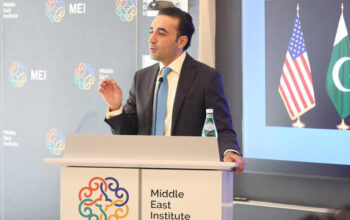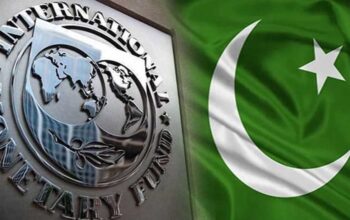By Staff Reporter
ISLAMABAD: The government approved a plan to increase domestic gas prices to meet a key condition set by the International Monetary Fund for reviving its bailout program as the two sides resume talks virtually on Monday to reach a deal.
The Economic Coordination Committee (ECC) of the cabinet jacked up the price of gas by up to 124 percent for all domestic and commercial consumers.
The price hike is also applicable to the power sector and fertilizer and CNG stations across the country, effective retrospectively from January 1 for six months.
The unchanged gas prices and highly subsidized rates for export and cement firms put the nation’s critical $6 billion loan program lifeline at risk.
The delayed loan disbursement is seen as the key challenge for the government. Securing an IMF deal is crucial for Pakistan as it needs more aid to avert a default as the country’s foreign currency reserves have fallen to less than $3 billion.
The dollar shortage has forced the government to restrict even the import of essential items, including medical equipment and industrial raw material. Industries such as steel, textiles and pharmaceuticals are barely functioning, forcing thousands of factories to close and deepening unemployment.
Analysts view the decision takes the country “close to IMF’s targets,” as both sides resumed loan negotiations virtually after failing to reach a deal during the lender’s 10 days visit last week.
They say apart from the fulfilled prior actions, the government would still have to “do much more” to be able to get the latest loan tranche, including imposing new taxes, reopening imports, and clearing billions of rupees of circular debt of the energy sector.
Islamabad also planned to raise new revenues of Rs170 billion and increase diesel prices, though the government has backed away from adding a new tax on fuel.
The IMF wants Pakistan to strengthen its fiscal position with permanent revenue measures while reducing untargeted subsidies and allowing the exchange rate to be market-determined. The IMF also wants Pakistan to make sure that the country’s energy sector is viable.
In Islamabad, Finance Secretary Hamed Yaqoob Sheikh told local media that the “duration (of the talks) cannot be confirmed but we intend to wrap these up at the soonest”.
The country has had a tumultuous track record with the IMF as most of its previous bailouts-13, since the late 1980s-weren’t completed. A resumption of the IMF program would also unlock other avenues of funding for Pakistan.
Copyright © 2021 Independent Pakistan | All rights reserved




